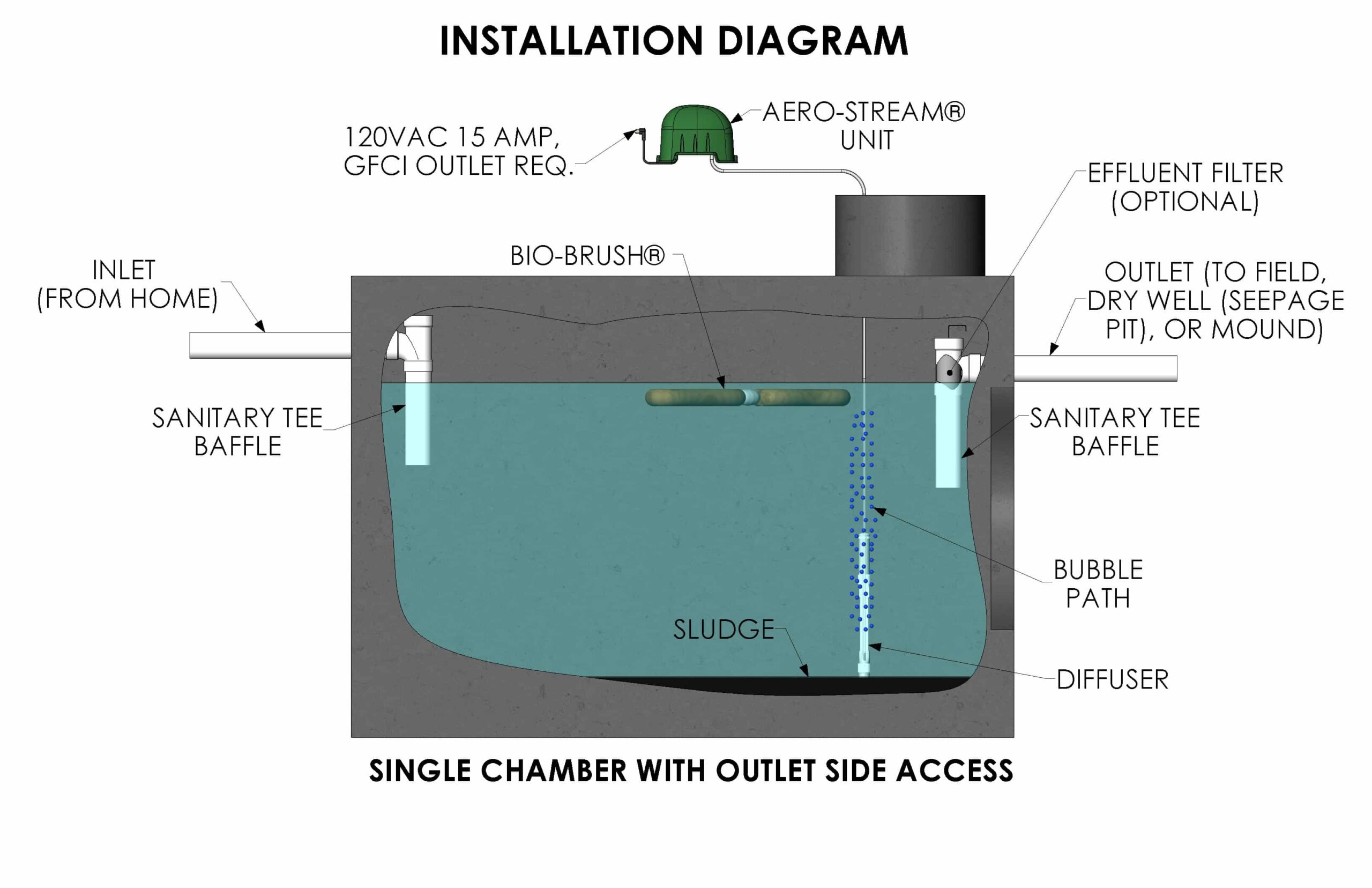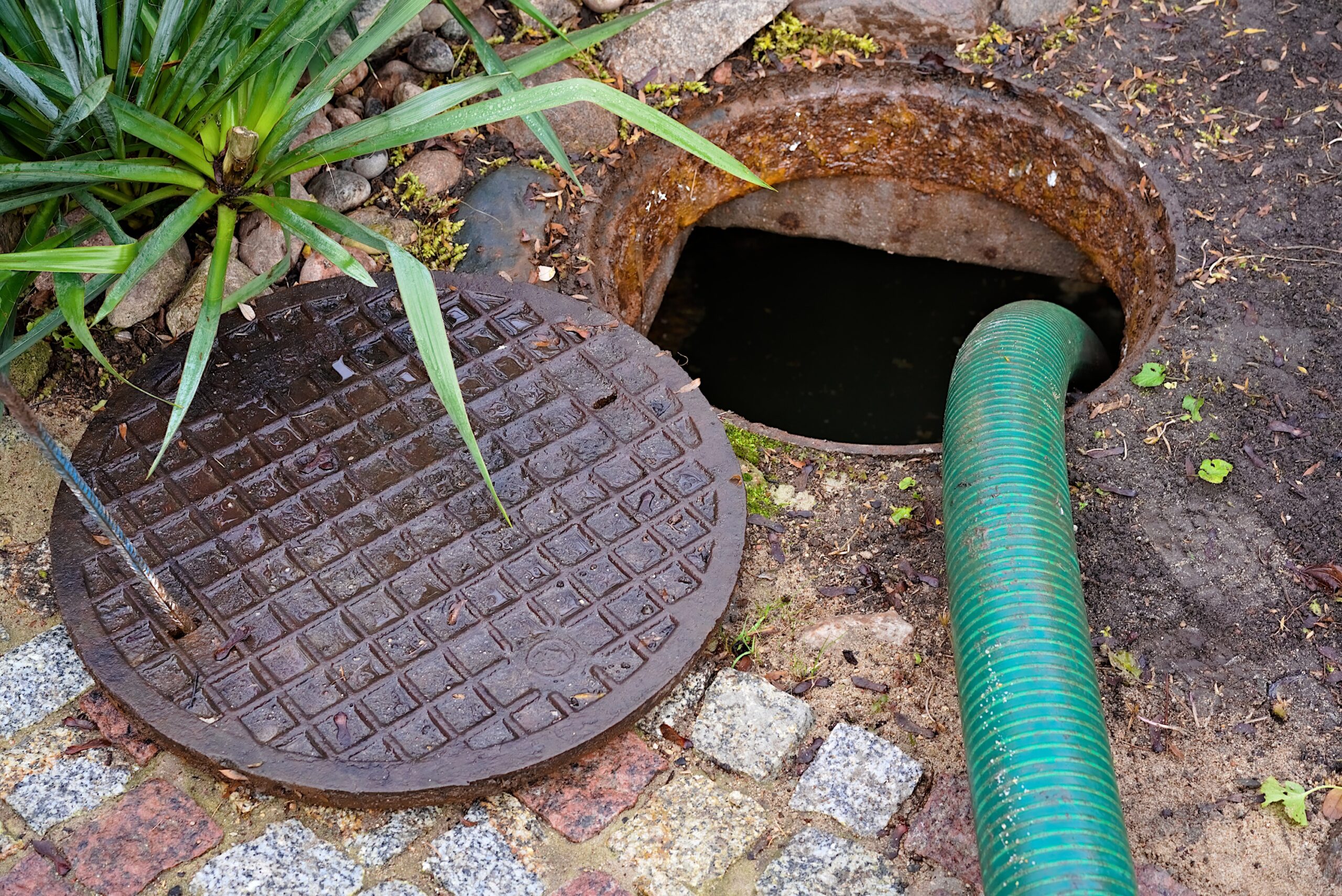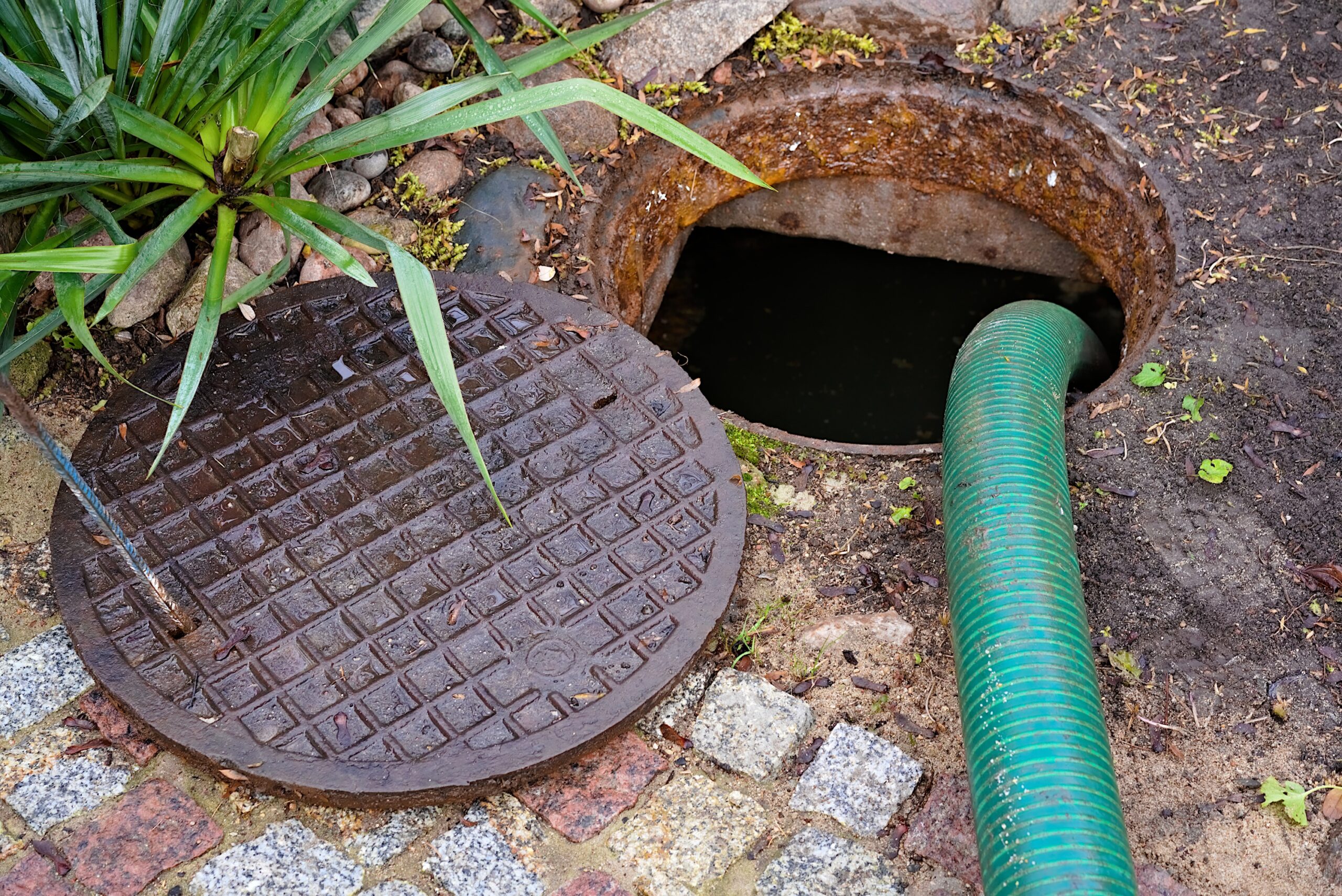Many people do not pay attention to what they flush into their septic tank. Particularly harmful to the septic tank, septic system and water table are chemicals, pharmaceuticals, solvents and motor oils.
Some people consider their septic tank to be a black hole. They think that whatever they flush into it will disappear forever and eventually be processed without consequence. If they have something that is difficult to get rid of, like chemicals, pharmaceuticals, solvents and motor oils, they think nothing of flushing it into their septic tank. Once flushed, they believe the problem waste is gone.
Thankfully, to many people, introducing anything other than human waste and grey water into their septic tank is out of the question. Any documentation of septic tank and septic system best practices contains this simple rule; it is common sense. The septic tank has to be allowed to settle solids and permit a bacterial environment to thrive to allow the septic system to remove organic waste and pass water back to the water table. Anything that disrupts these processes will stop the treatment of the wastewater.
Disposing of chemicals, pharmaceuticals, solvents and motor oils into the septic tank definitely disrupt the waste treating processes in the septic tank, potentially causing septic tank problems. That is not the limit to the damage they can cause, however. Toxic and health threatening substances can be passed to the water table, contaminating it for years to come as well as posing a threat to human health.
Chemicals, pharmaceuticals, solvents and motor oils must be disposed of properly. This usually means taking them to a location capable of safely disposing of them. Many local governments set up dates where residents of the community can bring these substances to be properly disposed of. The last thing anyone or any community needs are chemicals, pharmaceuticals, solvents and motor oils leaching into the water table.
Despite what seems to be common sense, there are still people that dispose of these substances in their septic tank. Maybe they think it somehow stays in the septic tank until it is pumped out. Maybe they are thinking that motor oils, for example, will remain on the surface of the water in the septic tank and not ever make their way out into the drainfield, even during surges in incoming wastewater. Maybe they are thinking the outlet baffle or effluent filter will somehow prevent these substances from exiting the septic tank. Maybe they just don’t care.
Whatever their logic or motivation is, the damage can be irreversible. Even large municipal wastewater treatment centers can only handle some of these substances in small concentrations. Some can be extremely difficult to completely remove. As a result, putting them into a relatively small volume like a septic tank can have devastating consequences for the septic system and surrounding environment.
Behaviors like this are the genesis and justification for government intervention into septic systems. Mandated inspections, septic tank pumping and water testing are the consequences from a few people not using common sense. The majority of septic tank and septic system owners will pay (through fees and taxes) for the bad behavior or ignorance of a few. This is a shame because it gives an effective and low cost method for treating human waste a bad name.











